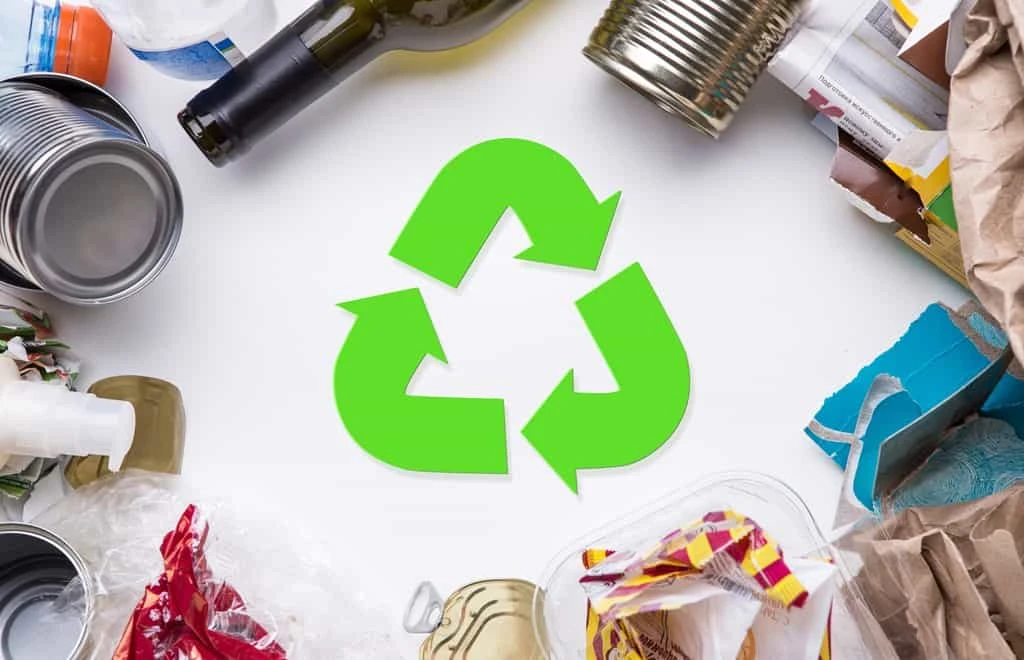
Sergey
The Recycling Partnership has released a new resource that focuses on improving drop-off recycling programs. The comprehensive kit, called the Drop-Off Recycling Contamination Reduction Kit, includes guidance to help discuss recycling drop-off sites with local material recovery facilities (MRFs) and haulers, instructions and tools for messaging, tips and strategies to reduce contamination as well as tracking and reporting.
According to The Recycling Partnership, a nonprofit organization based in Falls Church, Virginia, that works with communities, companies and governments to transform recycling programs, 45 percent of Americans don’t have access to curbside recycling whether because of rural locations or multifamily housing structures and many of these communities utilize drop-off sites to fill the gap in access.
“The Partnership has worked with many communities to reduce contamination at drop-off sites,” says Cassandra Ford, community program manager at The Recycling Partnership. “The Drop-Off Recycling Contamination Reduction Kit takes our proven anti-contamination process and details a step-by-step … guide so communities can replicate our process.”
The organization says many factors must be considered when improving drop-off recycling, which can include communication with MRFs and haulers, clarity for residents and users, ease of use and safety and security. It adds that effective drop-off programs can increase the quality of the recycling stream, save on hauling fees, improve program satisfaction, increase participation and improve the capture of quality recyclables that feed into local manufacturing.
This is the second launch of the Drop-Off Recycling Contamination Reduction Kit, which previously was released in 2019 in collaboration with the Michigan Department of Environment, Great Lakes and Energy (EGLE). Ford says the two organizations worked together on projects throughout Michigan and recognized the kit needed updating and expanding to include a communication plan, staffing guidance, household engagement survey guidance, a MRF survey expansion and a new section covering security features. “While this updated version of the kit was developed through our work with EGLE, it can be applied to any recycling drop-off operation nationwide,” Ford says.
The Recycling Partnership and EGLE also have worked together on a grant program to provide recycling education assistance to small communities in Michigan. The Michigan Small Community Education Grant Program was launched in January and will accept applications through October. Communities and organizations eligible for the new grant funding include nonprofit organizations, tribal governments, regional planning agencies, cities, villages, townships, charter townships, counties, municipal solid waste authorities and resource recovery authorities in the state that work with less than 10,000 households.
EGLE says the program will provide grant will provide recipients with access to The Recycling Partnership’s customized recycling education templates. The organization says the opportunity was created to alleviate some of the financial challenges smaller Michigan communities face in providing recycling education and outreach.
Latest from Recycling Today
- European project yields recycled-content ABS
- ICM to host co-located events in Shanghai
- Astera runs into NIMBY concerns in Colorado
- ReMA opposes European efforts seeking export restrictions for recyclables
- Fresh Perspective: Raj Bagaria
- Saica announces plans for second US site
- Update: Novelis produces first aluminum coil made fully from recycled end-of-life automotive scrap
- Aimplas doubles online course offerings







